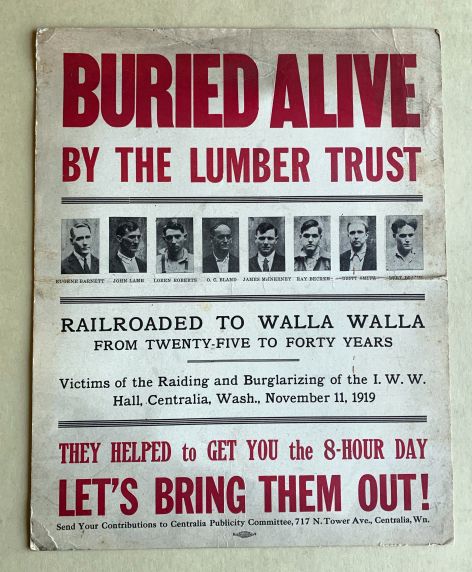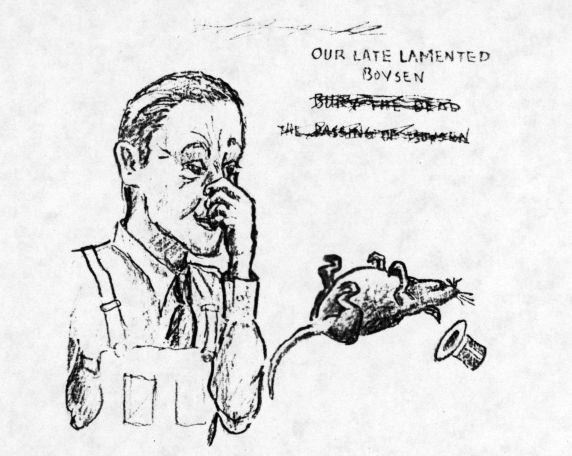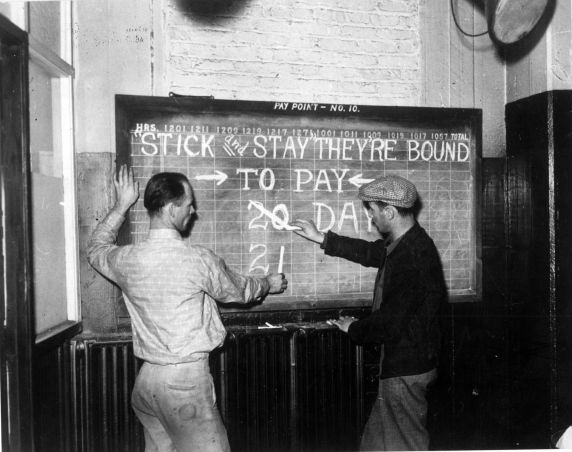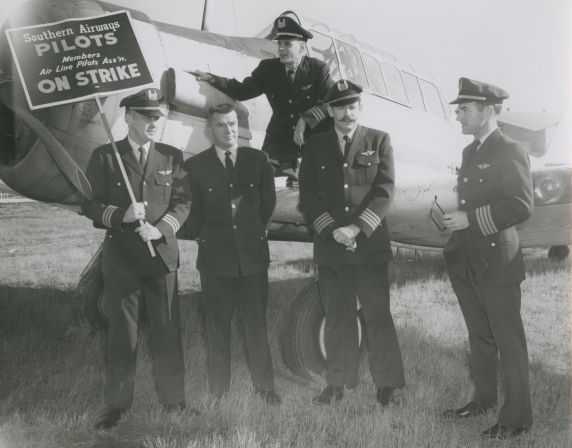In the second of a two-part series, Dr. Robert Cherny recounts how immigrant Harry Bridges successfully led the powerful International Longshore and Warehouse Union (ILWU) for four decades beginning in the 1930s, even as his militant unionism and association with communists placed him at odds with the American government during the Cold War and at the center of several deportation hearings.
Cherny is professor emeritus at San Francisco State University and author of Harry Bridges: Labor Radical, Labor Legend.
Related Collections:
CIO Office of the Secretary-Treasurer Records
Civil Rights Congress of Michigan Records
Industrial Workers of the World Records
M.A. Williams Papers
Workers’ Defense League Records
Related Resources:
Harry Bridges: Labor Radical, Labor Legend
Episode Credits
Producers: Dan Golodner and Troy Eller English
Interviewee: Robert Cherny
Music: Bart Bealmear
Podcast: Play in new window | Download | Embed





